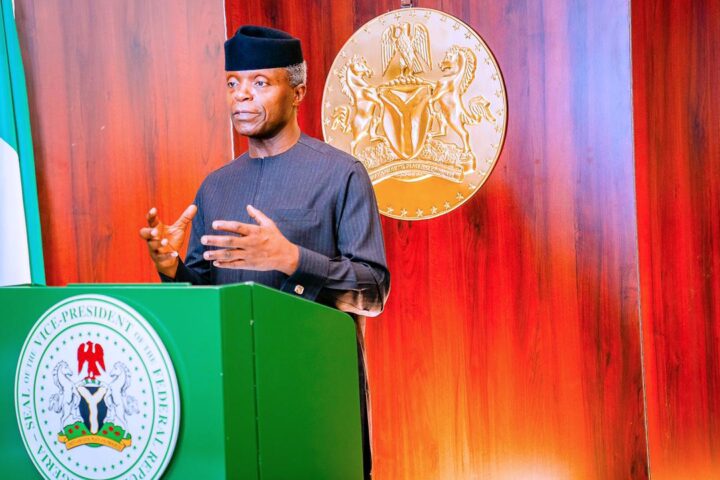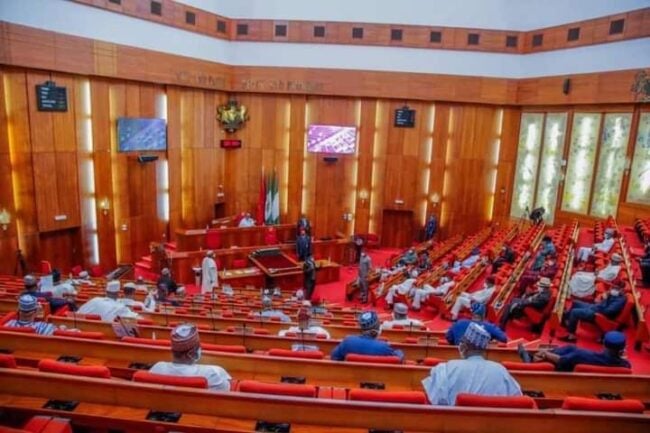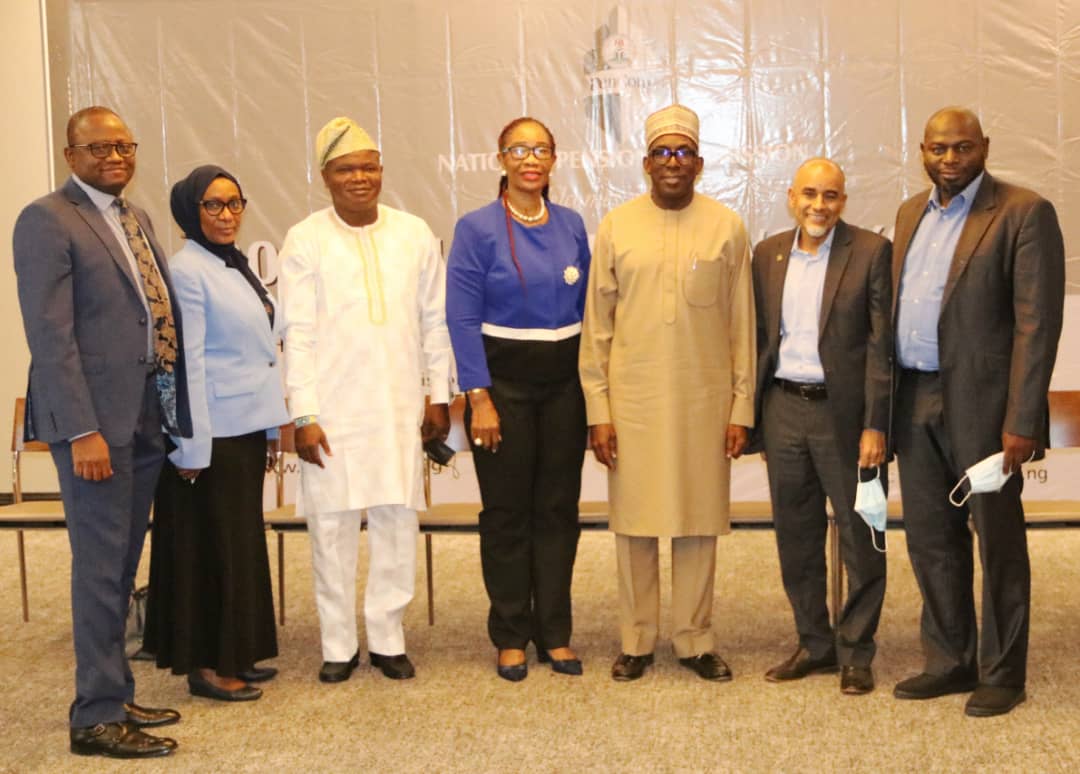Vice-President Yemi Osinbajo says the federal government is prioritising investments in specific innovations and technologies to transform food systems in Nigeria.
Osinbajo said this on Tuesday at the preparatory meeting of the United Nations Food Systems Summit 2021.
According to him, scaling up food systems requires the active mobilisation of both public and private investments.
The VP said the federal government is committed to addressing the drivers of food insecurity such as food inflation, changing consumption patterns and climate change, amongst other things.
Advertisement
“At the same time and as an outcome of 40 different food systems dialogues in which up to 5,000 people participated, Nigeria is prioritizing investments in specific innovations and technologies to scale up and transform food systems,” Laolu Akande, his spokesperson, quoted him as saying.
“These actions complement existing development plans and sectoral strategies such as our Economic Recovery and Growth Plan, the National Policy on Food and Nutrition, and the National Policy on Food Safety.”
He noted that a specific aim of the recently launched national poverty reduction with growth strategy (NPRGS) is to address hunger, malnutrition and poverty as part of the President Muhammmadu Buhari-led administration’s target of lifting a hundred million Nigerians out of poverty within a decade.
Advertisement
“Our nutrition policy addresses the issues of sustainable and nutrition-sensitive food systems – and the country has prioritized key nutrition actions that are impactful, cost-effective, scalable, and sustainable,” he added.
“An integral part of our food systems’ transformation strategy is to create an enabling and supportive environment to implement these policies in a participatory manner involving farmers, investors and state governments.”
Making a case for initiatives that support Africa and other developing countries, Osinbajo said: “For example, when, as in our country and several others, population growth exceeds growth in national income, food supply would not meet the needs of people, especially when distribution systems are inequitable.”
“Post-harvest losses in Africa, and particularly in Nigeria, are more than 20% of production for several food groups. And this is due mainly to poor storage, poor rural infrastructure and non-automation of food processing, amongst other things.
Advertisement
“The situation in many African countries is given increased urgency with the impact of the COVID-19 pandemic, which has led to growing levels of acute food insecurity.
“This is of great concern to all of us, especially if we recall that prior to the pandemic, the prevalence of severe food insecurity was as high as 22%.”
In her remarks, Amina Mohammed, United Nations deputy secretary-general, commended Osinbajo for leading six ministers in the dialogues and other efforts aimed at building sustainable food systems in the country.
She said the summit is designed to guide national governments and other stakeholders looking to leverage their food systems to support the SDGs.
Advertisement
Add a comment






